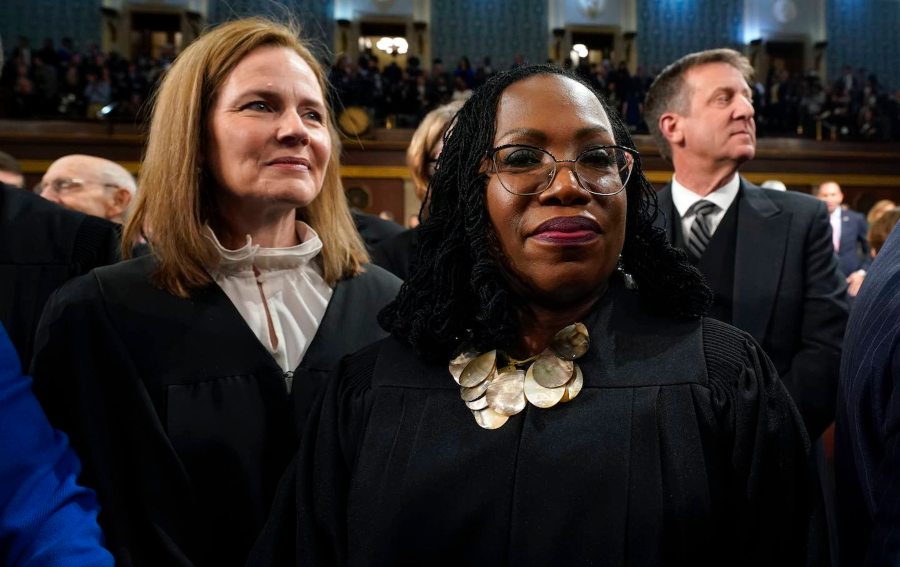In an address delivered at the 16th Street Baptist Church in Birmingham, Alabama, U.S. Supreme Court Justice Ketanji Brown Jackson urged the nation to remember and teach the painful history of racism and violence in the United States.
The speech, delivered on the 60th anniversary of a tragic event, commemorated the deaths of four Black girls who lost their lives in a church bombing carried out by white supremacists on September 15, 1963.
Justice Jackson, the first Black woman to serve on the Supreme Court, emphasized the importance of not forgetting the atrocities of the past.
She cautioned against complacency and ignorance, highlighting that understanding the nation’s history, even its darkest chapters, is crucial to prevent the repetition of such injustices.
Referencing the 1963 dynamite bombing that claimed the lives of 14-year-olds Addie Mae Collins, Carole Robertson, Cynthia Wesley, and 11-year-old Denise McNair, Justice Jackson underscored the impact of this tragic event on the nation. Their deaths played a pivotal role in the passage of the federal Civil Rights Act of 1964.
Justice Jackson’s address comes at a time when the teaching of history in schools is a subject of contention in several states, particularly in Florida, where there have been restrictions on educating students about racism, slavery, and LGBTQ rights.
She echoed her dissent from a Supreme Court ruling that effectively ended affirmative action policies in college and university admissions, emphasizing the importance of acknowledging and learning from the history of racism that has persisted in the United States.
Jackson’s message resonates with the idea that knowledge is empowering and that confronting the truth about the nation’s past is essential for preserving the hard-won freedoms of all Americans.
Source:

